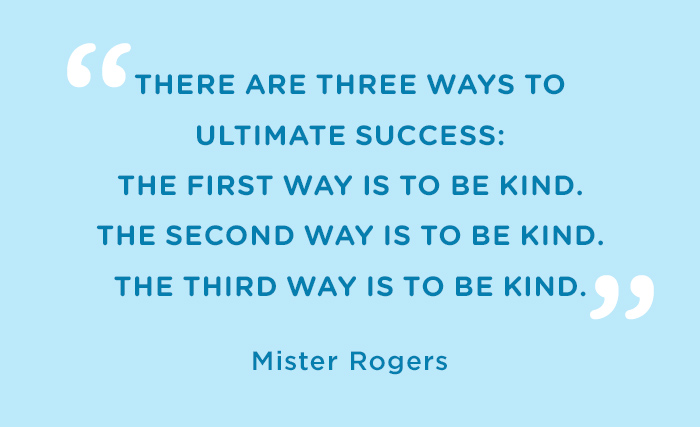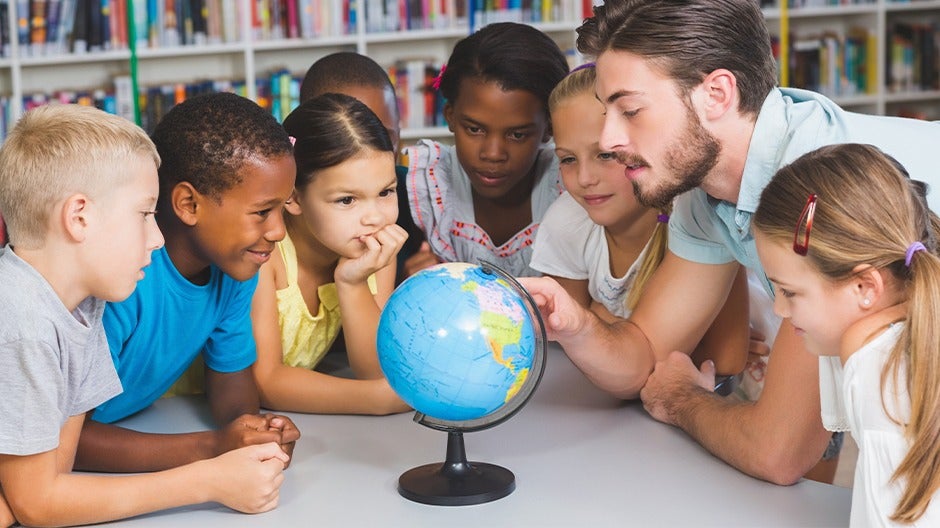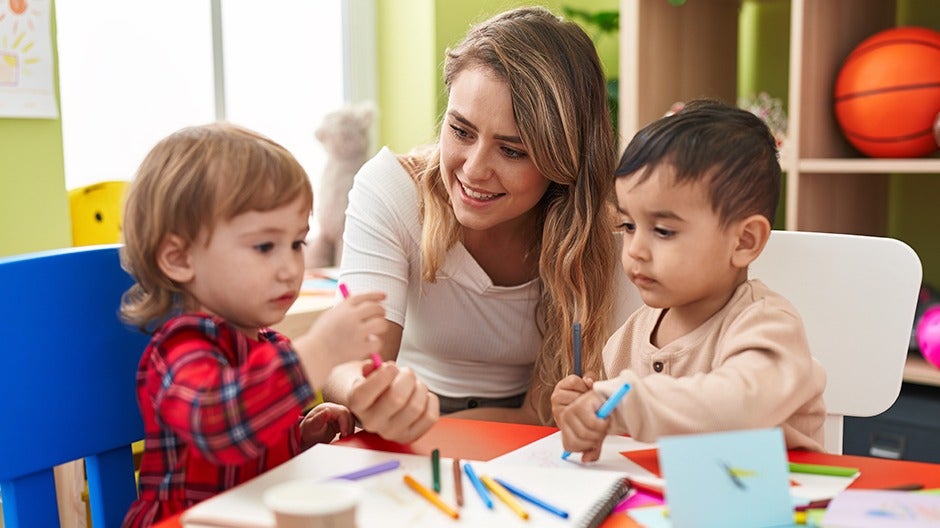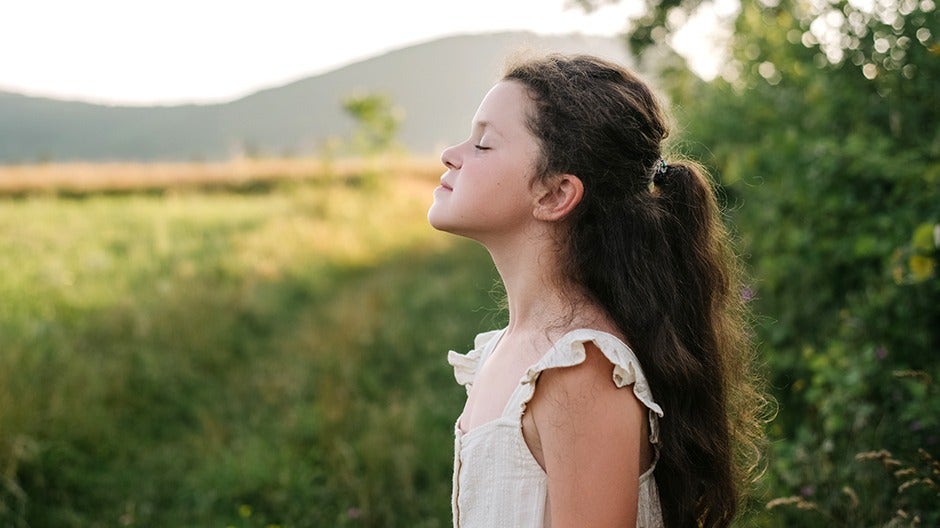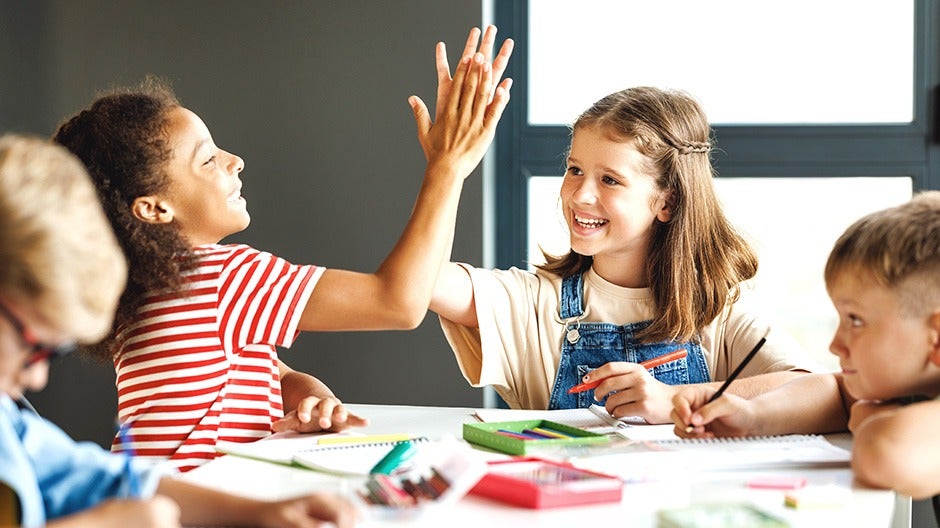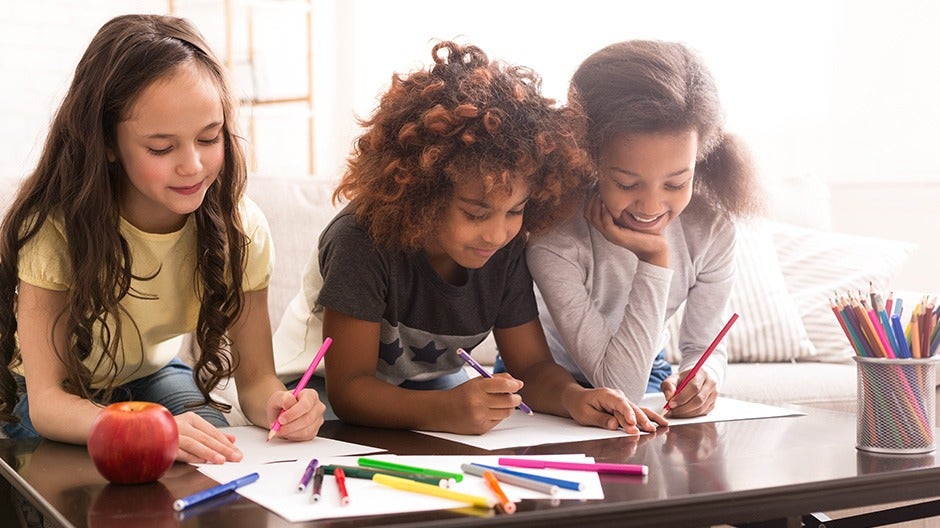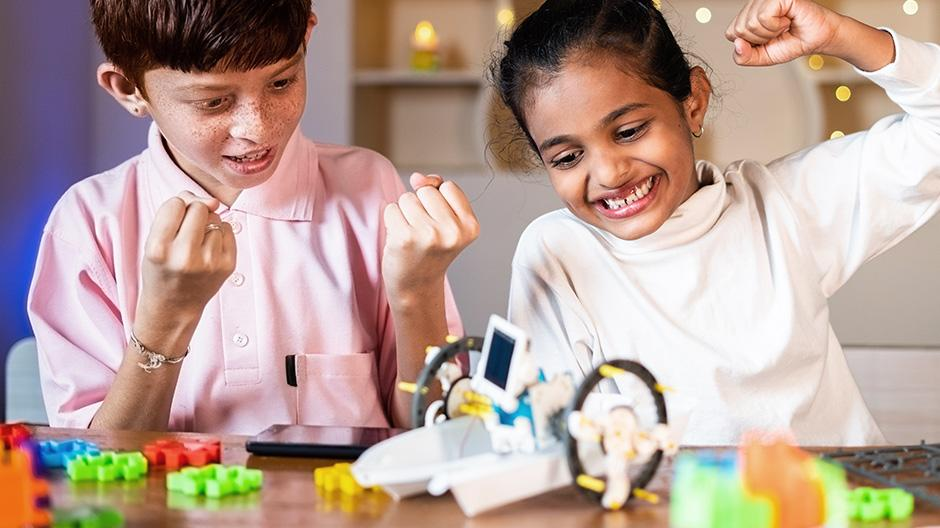Hello Neighbors! Our Director of Learning and Curriculum Design, Samantha Creighan, PhD, and her son, Cole, recently had a beautiful discussion about the lessons that Mister Rogers left us with. With the release of the movie, “A Beautiful Day in the Neighborhood”, we wanted to celebrate the fact that kindness (and cardigans) never go out of fashion.
Last Sunday, I was sitting with my kids, enjoying my coffee while they ate breakfast. My son Cole, who is four, was chatting away as preschoolers do. Between bites, he leans forward and says, “Do you know what, Mama? Mister Rogers only has three rules. The first one is to be kind, the second one is to be kind, and the third one is to be kind.”
I knew that my son’s school had recently celebrated Cardigan Day, an offshoot of World Kindness Day. It was a day where people were encouraged to wear cardigans in celebration of Mister Rogers, and I was glad to hear that the topic made its way into the class’s conversation. I also was particularly appreciative of this comment, because sometimes getting Cole to talk about his school day is like, well, getting any kid to talk about their school day, and here he was, just offering it right up without any prompting.
Cole’s at that stage developmentally where we’ve been talking about kindness quite a bit — being kind to his sister, learning ways we might show kindness to strangers, and appreciating the impact a friend’s kindness can have on us when we’re hurting. The focus on kindness has been valuable for me too. I am trying to be more mindful of my own actions and behavior, to make sure I’m modeling kindness, and not just talking about it.
So going back to last Sunday, I responded to Cole’s conversation starter by saying, “Hmm… be kind, be kind, and be kind… are they the same or different?”
Cole: “The same.”
Me: “Why do you think he has the same rule three times?”
Don’t you just love when you see the wheels turning in your child’s head, deep in thought about something? Here I channeled my inner Mister Rogers and gave a nice long pause while he thought about it.
Cole: “Well… maybe because it’s important.”
Me: “Wow, I like that idea. Being kind is really important.”
Cole: “Well…. Some days I’m the kindest friend. But sometimes… it’s hard to be kind.”
Me: “I can understand that. It can be a little hard to be kind sometimes. As long as you’re working hard, trying your best to be kind. I bet it might have even been hard for Mister Rogers sometimes.”
I’m so grateful that my son and I had this lovely and timely conversation about such an influential figure in children’s media and in our hometown of Pittsburgh. Here are my five reflections on Fred, Cole, and kindness:
- Kindness is a choice. The more we make the choice, the easier it will become, but it is still a choice.
- Kindness can sometimes be a hard choice. In theory, no one will disagree that we should all strive to be kind. But sometimes when we’re mad, choosing to be kind may be extremely difficult. Mister Rogers wanted children to learn that “feelings are mentionable and manageable.” One of his songs goes “I may get mad and even feel violent” but “I can stop when I want to.” ALL emotions and feelings are ok, but we have the power to manage them.
- Kindness will never go out of style. Mister Rogers had a profound impact on my mom when she was a little girl, and he continues to impact children, like my son, today. No matter what challenges may be facing our families, our neighborhoods, or the world in the moment, the importance of kindness will remain.
- Mister Rogers teaches parents just as much as (if not more than) he teaches children. A lot has been written on the lessons adults have learned from Mister Rogers, and sometimes he even deliberately addressed parents very directly. When it comes to kindness, it’s important to remember that even adults can benefit from being more aware of their own kindness.
- Young children are capable of sharing ideas about abstract concepts. We might not all be fluent in Freddish, like Mister Rogers was, but we can still feel encouraged to talk with our children, and let them take the lead on what topics they’re interested in and care about, ask them challenging questions, and speak slowly but deliberately to them.
Has Mister Rogers taught you and your family any special lessons that you hold dear? Let us know in the comments below!
